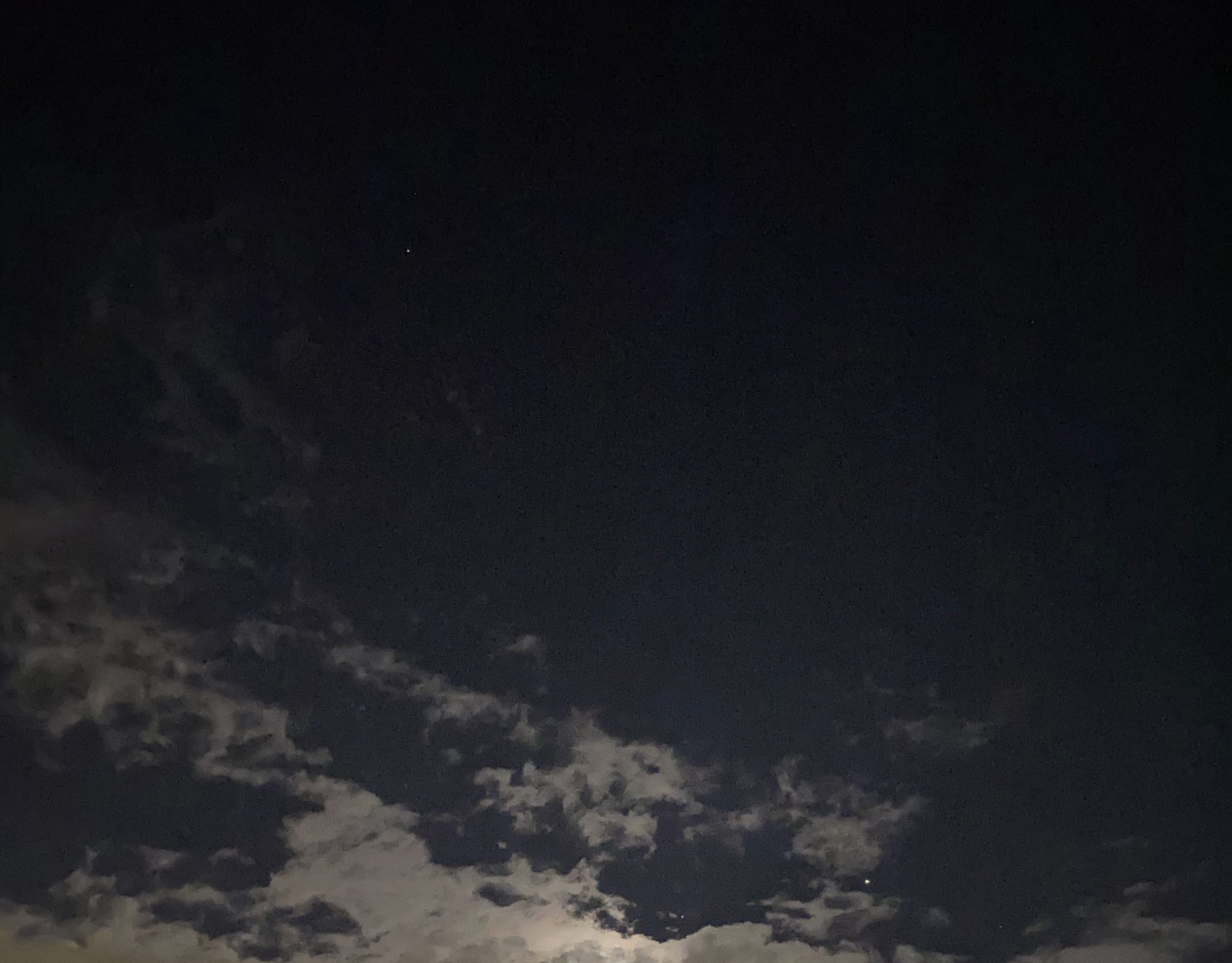
The Magical Collective
Presents:
ZH @zoe_ba_bowie
Growing up undiagnosed, and why you shouldn’t think your emotions are “just hormones"
Growing up undiagnosed is like the rose in the Beast’s castle. Except it’s not a rose. It’s you. You’re beautiful, like a rose, but you don’t know why you’re encased in glass. Or why nobody can hear you while you’re screaming for help or trying to get out. They don’t know better. They just look at you and think that’s how a rose is supposed to act at that age.
Yeah, a rose is supposed to go from giddy elation to sobbing on the floor within fifteen minutes. And then thirty minutes later it’s back to the elation. And then back to sobbing. Sometimes if the rose was lucky, it would be a few days or a few weeks before the mood would change.
I knew there was something deeply wrong with me one night when I was working at the Gap in college. The job made me miserable, as most retail jobs do, but tonight was fine, like any normal night. I was folding the basic t-shirts next to the register after we had closed and the last customer left (yes, in that order). The stacks were high, and I would usually sit on the floor to fold and listen to music or a podcast. I was looking down, folding navy blue long sleeve tees, and I started weeping for absolutely no reason.
I always knew there was something wrong with me. Not wrong wrong, but, you know. When I was a kid I always felt more emotional than my friends or the other kids at school. the teachers didn’t make me cry, but I would start crying when talking to them about my handwriting or something. I found out in college I was an empath, which gave me some answers. Astrology helped too.
When had I realized there was something deeply wrong, I was already in therapy and actively seeking help (to no avail), but was racked with fear. I feared the growing darkness that these episodes brought on. A darkness growing thicker and blacker with every panicked breath. I was overwhelmed by existence, and the deluge of emotions I felt at all times drove the boat of my being. Like a water balloon the size of your bedroom, heaving and breathing until one wrong move made it pop, and subsequently flood your house. But not in a cute way.
Growing up undiagnosed, as a young woman (which is the reason why I was undiagnosed) is treacherous. It permeated every aspect of my life—school, family, friendships, relationships, my own view of myself. Finally, at 22 my therapist diagnosed me with cyclothymia, a “rare” mood disorder in the same family as bipolar disorder, categorized by frequent and irregular mood swings with a higher baseline than “normal” people. I say “rare” because it technically only affects 0.4-1% of the population, mostly occurs in women, and begins to show symptoms in the tweens/early teens.
Sound familiar? Yeah. The reason why this disorder is so “rare” is because doctors (and regular people, for that matter) chalk all the symptoms up to puberty and hormones, when we’re quietly suffering under our glass dome. This disorder goes undiagnosed and untreated until it becomes Bipolar II, which is hallmarked by even worse mood swings, worsening depression, and high irritability. My fear of the darkness peaked when the irritability reared its ugly head.
On top of being undiagnosed for so many years, when I knew I needed help and feared for my life more and more, the harder it became to get help. Because I had a mood disorder that was borderline Bipolar II, it scared primary care practitioners and psychiatrists alike. Not like it’s literally your job to help people like me or anything, but it made the journey harder to bear.
I was in my senior year of college, which was ironically the best year for me in terms of how I did in school. I lived in a progressive metropolitan city and spent $70k on school every year, but nobody could help me. As a psychology minor, I knew a lot about my disorder already, what medication I needed, and how to take it. And if I didn’t know something I researched it.
Finally, my mom was able to help me get an appointment with her PCP back home, who is a godsend and a miracle worker. She knew exactly what the problems were and exactly how to treat them, which, haha, was exactly what I had researched. Now I’m on a medication that helps me stabilize and navigate my every day life. My mood swings are not fixed. I am not perfect. But my range of emotions are more reasonable, I am more in control, and I feel empowered by this control.
All of this to say that we must pay attention to our children. We’re raised in a society where we think women are supposed to be the emotional ones, while men are not allowed to be emotional (which is problematic in and of itself). But women are expected to control their emotions because otherwise we seem “too emotional.” I could go on and on about how women have to police themselves so much in our society, but that’s for another post. Listen to your children, hear their cries for help, believe them, and get them help. It’s not always just the hormones.
You can find a child or adolescent psychologist or psychiatrist by using Psychology Today’s in-depth search tool. You input your location, insurance, and any other criteria that could help narrow down your search.
Catch up with Zoe @zoe_ba_bowie

